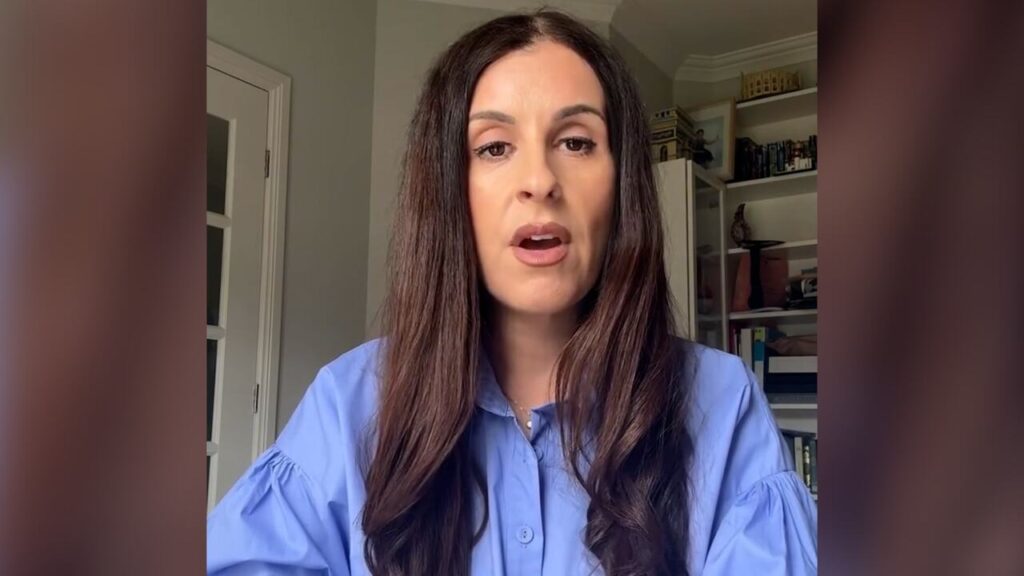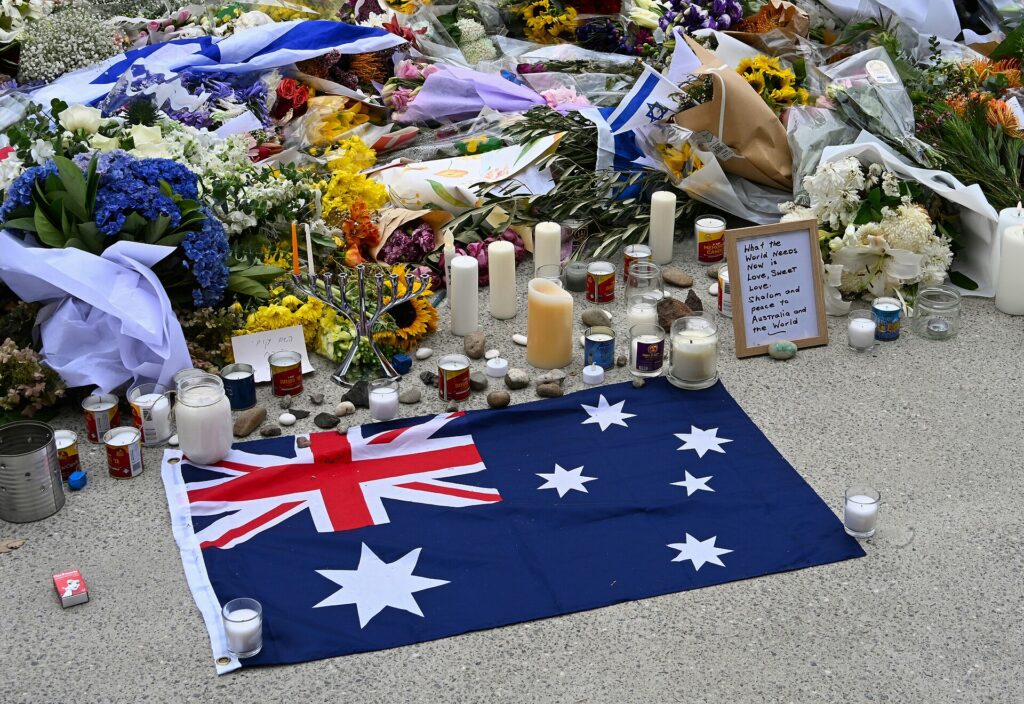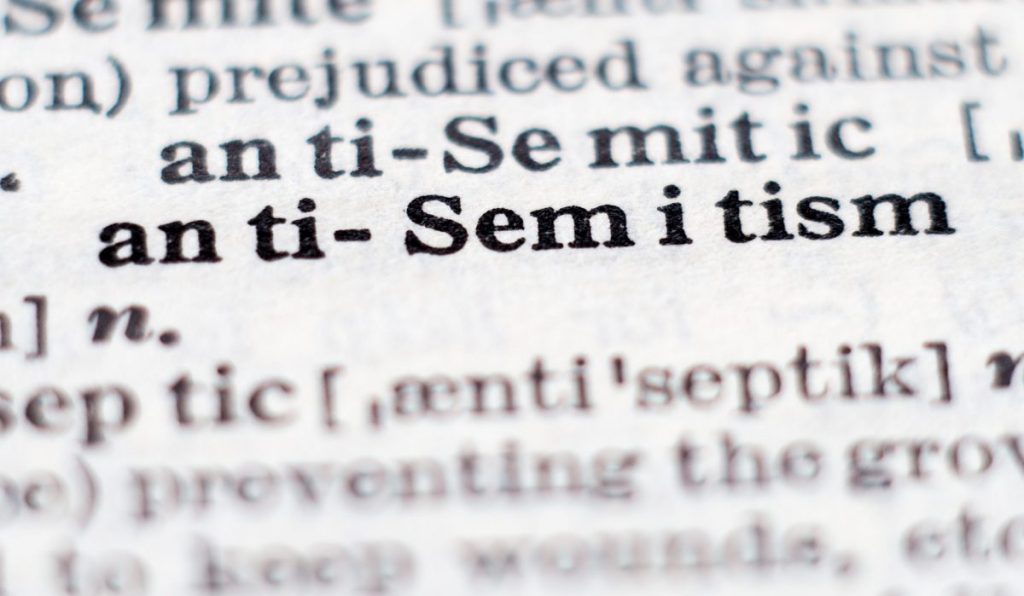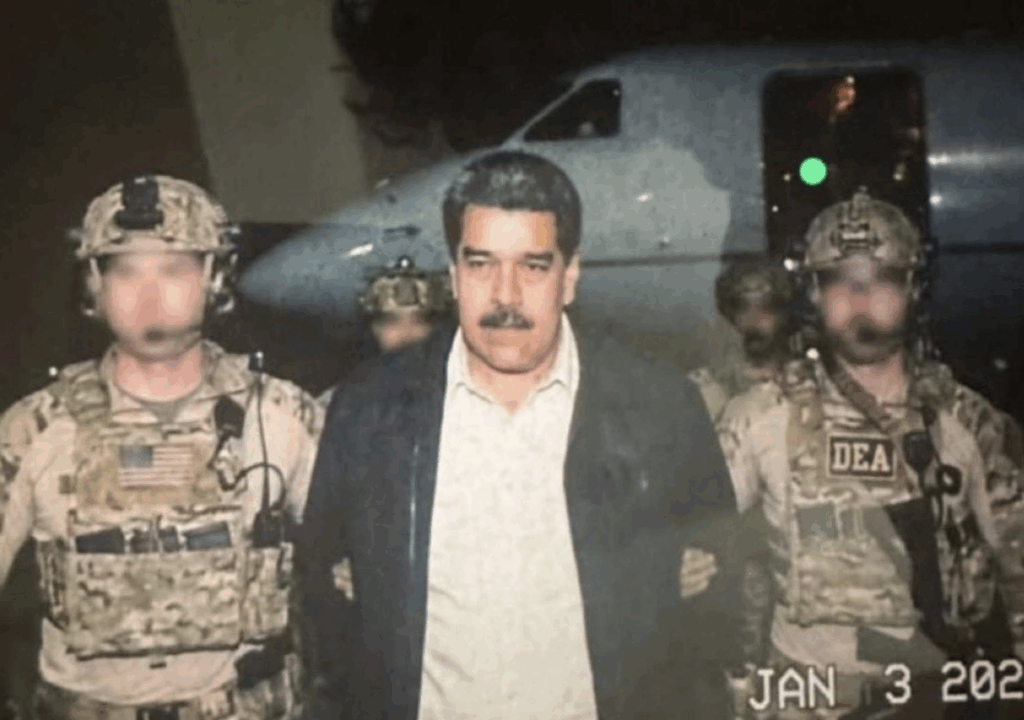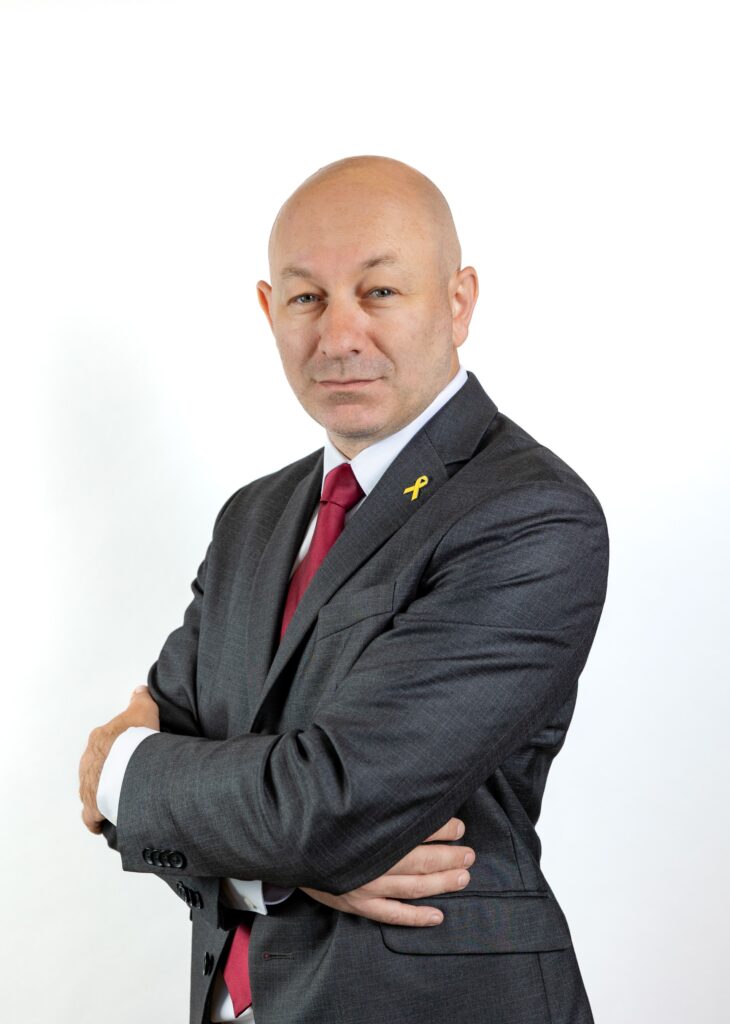UPDATES
ANZAC Day and Yom Ha-Zikaron
April 24, 2012 | Or Avi Guy
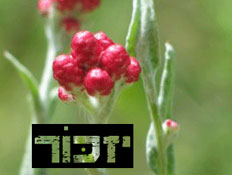
On the morning of April 25 people all around Australia will decorate their lapels with red poppies as they commemorate ANZAC Day. At the same time (give or take a few time zones) a much smaller nation, both demographically and geographically, will commemorate its own memorial day, as this year ANZAC Day falls on the same day as the Israeli Yom Ha-Zikaron (Israel’s “Fallen Soldiers and Victims of Terrorism Remembrance Day”). In Israel, lapels will be decorated instead with red everlasting flowers (commonly known as ‘Blood of the Maccabees’ flowers).
To many, national commemoration days hold special meanings, both personal and collective. This is especially true in the case of Yom Ha-Zikaron, which is scheduled a day before the Israeli Independence Day- Yom Ha- Atzma’ut – to symbolize the human costs and sacrifices that were required in order to gain and preserve the country’s independence.
The rare coincidence – ANZAC Day and Yom Ha-Zikaron taking place on the same day – is an opportunity to reflect on the significance of these days, which despite differences in symbolism and practices, share much more in common than the use of red blossoms as symbols.
Because of the shared date, in Israel, while the entire nation is remembering its dead, the annual Anzac Day service will also be taking place at the Commonwealth War cemetery on Mount Scopus in Jerusalem (one of numerous ANZAC sites and Monuments in Israel), site of the graves of Australian and New Zealand soldiers who died during the First World War while fighting the Ottoman Empire in Palestine and Egypt. Across Australia, Jewish communities will hold memorial ceremonies for fallen Israeli soldiers and civilians who died in wars and terror attacks since the establishment of Israel in 1948. Israelis and Australians, both in Australia and in Israel, will stop to pay their respect for their fellow countrymen who sacrificed everything while fighting for the freedoms we now enjoy, and sometimes take for granted. This is the most obvious way in which this year’s date proximity will express the common values of ANZAC Day and Yom Ha-Zikaron, and while it may seem coincidental, it is by no means the only one.
ANZAC Day and Yom Ha-Zikaron do differ in several ways.
In Australia, of course, traditional ANZAC day observance centres on the always moving dawn service and memorial marches.
In Israel, there is a strong feeling of personal and collective grief as the entire country stands still both on the evening before Yom Ha-Zikaron (according to Jewish tradition each day starts at sunset), and before noon on Yom Ha-Zikaron itself for a minute of silence, as sirens are heard across the country. Remembrance ceremonies are held at schools, universities, military bases etc, and the main official ceremony is held at the military cemetery at Mount Herzl. For 24 hours all TV and radio programs are dedicated to remembrance, showing personal stories of fallen soldiers and terror victims, and of their families’ journey in dealing with such loss. Since most Israelis serve in the Israeli Defense Forces (IDF), the national remembrance day is also a personal event, during which many reflect on their own experiences with war and terror.
Both ANZAC Day and Yom Ha-Zikaron hold special meanings for national identity as they tell an important story of crucial moments and experiences, such as the landing and battles in Gallipoli or the Israeli War of Independence. They are about the creation of the two nations, and the different lessons learned from those experiences, and the narratives they helped shape, are a major part of the Australian and Israeli identity.
One of the core components in Australian national identity, as it emerged out of the ‘ANZAC Legend’, is mateship. Once used to describe the bond between diggers facing the challenges of war in battles, the term expended to describe an important Australian value- a sense of shared experience, mutual respect and state of collective mutual responsibility, in which people help each other, even when facing dire circumstances and in face of danger or hardship.
Mateship has a parallel value in Israeli culture- Re’ut. While hard to adequately translate into English, Re’ut describes bonds deeper then friendship, a sense of comradeship and in the context of battle, like in the case of ANZAC, it may refer to brotherhood in arms. It is a leading value of the IDF and appears as a core concept in the IDF’s ethical code of conduct, known as “Ru’ach Tzahal” (“The Spirit of the IDF”). Many songs expressing this special bond, Re’ut, are a part of Israeli culture and folklore, and have a special place in Yom Ha-Zikaron ceremonies. The most famous of those songs is “Ha-Re’ut” (known as Yitzhak Rabin’s favorite song) by the Israeli songwriter Haim Gouri. It was written after the War of Independence and describes the feeling of loss and vacuum left after the war, the grief over those who died, and the sanctity of their memory. The line “And We Shall Remember Them All” from the chorus became the motto for commemorating fallen soldiers – the Israeli equivalent of Australia’s “Lest We Forget”. “Remember Them All” is the name of the memorial site of the Defence Department.
This April 25, Israelis and Australians will lower their heads in remembrance of those whose sacrifice bequeathed us our independence and freedoms. This year we will also remember that at the same time, their actions and courage in the face of danger instilled in us the values of mateship and re’ut – lest we forget.
Or Avi-Guy
Tags: Israel

